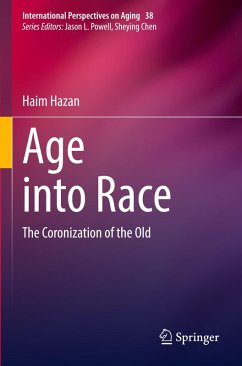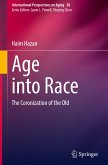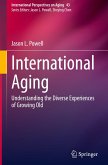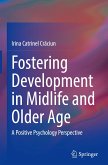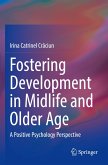Age into Race is a socio-anthropological essay on the repercussions of the Covid-19 pandemic on the cultural status of the old. As the worldwide horrors of the Corona era have since been publicly repressed, the text is geared to revisit and relive the tenor of that time while considering its latent revolutionary aftermath. There was wide agreement that Covid-19 policies targeted older people as a risk group in need of protection, setting it apart from the rest of society. Yet, paradoxically, long-term facilities for older people effectively became Covid-19 death traps. What kind of abandonment propelled this apparent contradiction? This book provides an answer by looking at ageist practices regarding Covid-19 triaging, lockdowns and distancing that affected older people around the world, devising Covid-19 as an inevitable "problem of the elderly" and, by implication, instating and categorizing "the elderly" as a public problem to be bio-politically managed and wrought.
The Covid-19 pandemic and its concomitant "state of emergency" triggered an accelerated transmutation of customary ageism into emergent racism, spelling a fatal switch to designating the old as bearers of "bare" life unworthy of human living, thus turning old age from a seemingly cultural category to a socially fabricated viral menace of nature. The book tracks down the process through which the "Coronization" of culture legitimized and impelled a further stigmatization of old age beyond mere ageism to sheer racism. Thus, this transmutation, while compromising their autonomy and subjectivity via imposed lockdowns, social isolation, excommunication and selective discrimination rendered the old a race apart. Subsequently, the moral panic invoked by the specter of the pandemic transformed the social perceptions of later life from a containable social problem to an unbridled public hazard that summoned total measures presented as bureaucratically regimented regulations that dehumanized its victims with impunity.
The Covid-19 pandemic and its concomitant "state of emergency" triggered an accelerated transmutation of customary ageism into emergent racism, spelling a fatal switch to designating the old as bearers of "bare" life unworthy of human living, thus turning old age from a seemingly cultural category to a socially fabricated viral menace of nature. The book tracks down the process through which the "Coronization" of culture legitimized and impelled a further stigmatization of old age beyond mere ageism to sheer racism. Thus, this transmutation, while compromising their autonomy and subjectivity via imposed lockdowns, social isolation, excommunication and selective discrimination rendered the old a race apart. Subsequently, the moral panic invoked by the specter of the pandemic transformed the social perceptions of later life from a containable social problem to an unbridled public hazard that summoned total measures presented as bureaucratically regimented regulations that dehumanized its victims with impunity.

